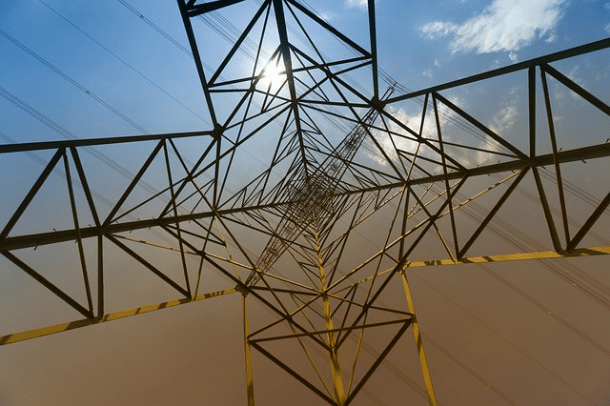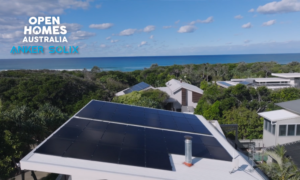Consumers with solar panels are enjoying falling costs, while grid customers in three Australian states face rocketing power bills, a new report shows.
Because of state government overspends on electricity grids in New South Wales, Queensland and Tasmania, network customers are paying $100-$400 each year more than they need to.
According to the Grattan Institute report Down to the Wire, state-owned power networks in these states have spent up to $20 billion more than necessary on grid upkeep.
Unless urgent measures are taken to address the problem, they will lock themselves into an electricity ‘death spiral’, the report claims.
Qld, Tas, NSW over-invested in electricity grids
State governments in NSW, Queensland and Tasmania encouraged networks to invest in distribution infrastructure in the early 2000s because they feared grids wouldn’t cope with increased future demand.

While demand briefly increased, it subsequently fell as more consumers opted for solar panels, home battery storage and energy-efficient appliances.
This overbuilding of infrastructure happened almost exclusively in public networks, says Grattan Institute Senior Associate Kate Griffiths.
This is because state government revenues are boosted by public networks fees. Publicly-owned companies may also feel obliged to prioritise reliability over costs.
Prioritising reliability has led to poor investments, however. Infrastructure over-spends by NSW and Queensland governments in 2005 saw consumers paying $270 for an extra 45 minutes of electricity a year.
Solutions for over-spend and rocketing power bills
Down to the Wire says the relevant governments should write down the asset values for state-owned networks. Governments would therefore forgo future revenue in favour of lower power bills for consumers.
Where distributors recently privatised, state governments should refund consumers the extra amount charged.
Meanwhile, other state governments should avoid the same mistake. Because more consumers are going off-grid and seeking solar quotes, networks should incorporate new technologies and be responsive to change.
Also, by sharing risk between consumers and businesses, networks could avoid pressure to over-build and consider alternative solutions.














































